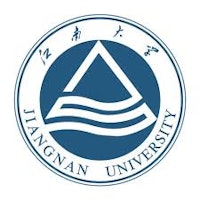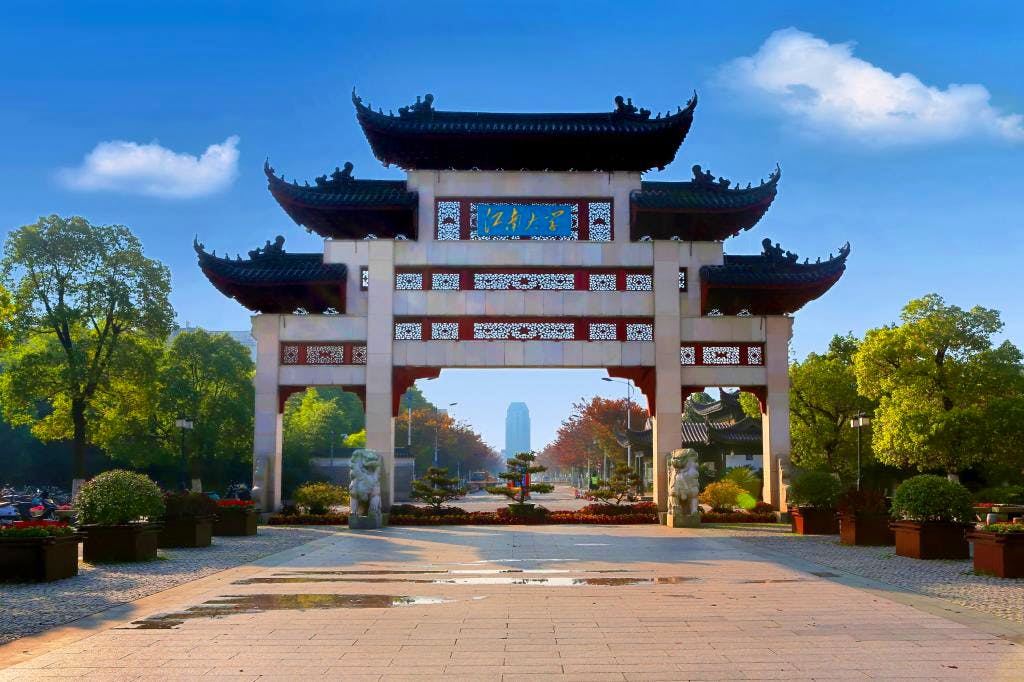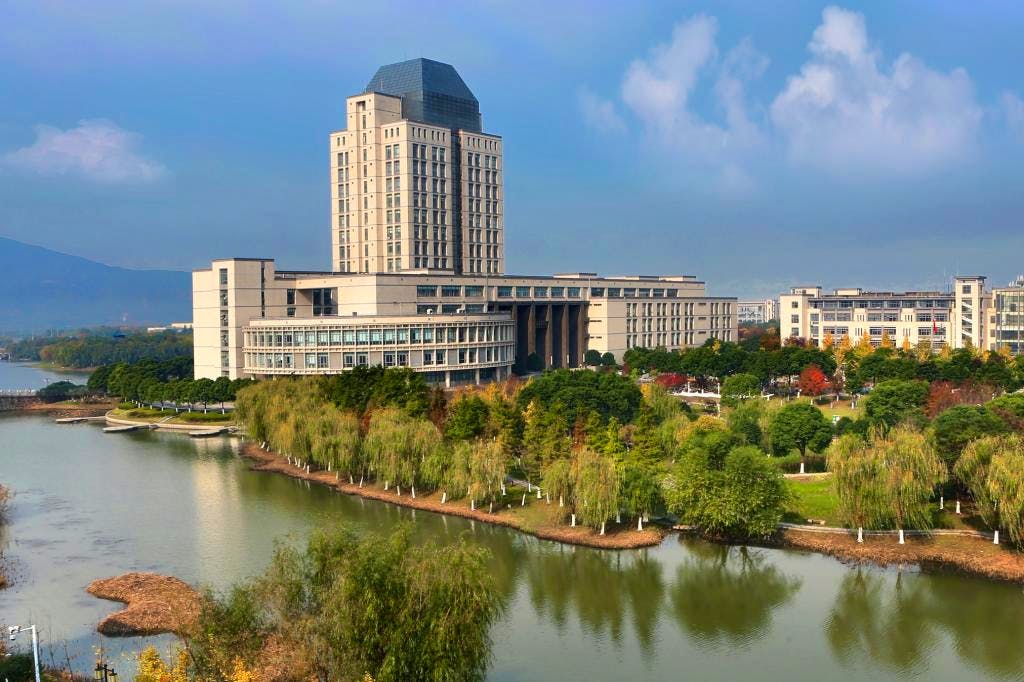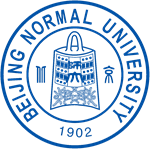Location
Jiangnan University (JNU) is situated in Wuxi, which is located in the southern part of Jiangsu Province. Approximately 128 km. away from Shanghai, Wuxi occupies an area of 4,787.61 square kilometers and has a population of 6.34 million, including 2.2 million dwellers in the city center. Wuxi’s transportation conveniently offers the Shanghai International Airport, about a two-and-a-half hour drive to the east, and the local Wuxi Airport, accessible to many domestic cities in China and some Asian countries. During a long history—over three thousand years—Wuxi has remained an important metropolis in terms of agriculture, business, commerce, and culture. Wuxi is also famous for its numerous distinguished citizens, dating from ancient times to the present. Thus, the highly developed local economy, convenient transportation, and quality education have laid solid foundations for the development of Jiangnan University, a university with even equally distinguishing features.
History of Jiangnan University
Renowned as the “Pearl of China’s Light Industry Higher Education,” Jiangnan University is one of China’s key “Two Hundred Eleven Project” universities (one of the “Nine Hundred Eighty-Five Platform” universities) and functions directly under China’s Ministry of Education. The school’s roots stretch back to 1902 when its predecessor, San Jiang Normal School, began its first term. More than one hundred years of development and fifty years of independent education have gifted Jiangnan University with recognition in scientific research, teaching quality, and social service to all aspects of society. Jiangnan University is a comprehensive university, recognized and highly respected both at domestically and internationally.
Jiangnan University consists of eighteen departments and fifty-one undergraduate programs, with disciplines in engineering, science, literature, economics, management, law, medicine, agriculture, arts, and education. The university has approximately 20,000 full-time undergraduates and over 11,000 part-time undergraduates. In July of 2000, China’s Ministry of Education gave Jiangnan University the approval to begin a pilot project for online education. Now the School of Online Education has over 45,000 students. In addition, Jiangnan University is engaging in Chinese-foreign cooperation by hosting the School of International Education and the Jiangnan-North American College. Jiangnan University has five Post-doctoral Research Stations in the fields of Light Industry Technology and Engineering; Food Science and Technology; Control Science and Engineering; Chemistry Engineering and Technology; and Textile Engineering. JNU is entitled to confer master degrees in fifty-eight programs and doctoral degrees in twenty-eight programs. Currently there are over 7,500 doctoral and master candidates studying on campus.
Dedicated Faculty
The faculty at Jiangnan University consists of 1,668 members, including 1,068 professors and associate professors. Also JNU boasts one academician from the China Academy of Engineering; ten winners achieved the National Outstanding Youth Foundation and the honor of Cheung Kong Scholars; twelve staff members are supported by the Programs of One Thousand Global Experts and One Thousand Young Global Experts; over 1,100 professors and associate professors. Among the team, 22.4% of the faculty have experience abroad. There are two National Innovation Teams and four Jiangsu Province Innovation Teams. The academic research group, represented by over eight hundred Master and PhD supervisors, has built a solid foundation for scientific innovation and the training of high-level personnel.
Applied Research
Jiangnan University is the center (and one of the major supporting institutions) of China's light industry, food science, and biotechnology. The National Key Lab of Food Science and Technology, approved by the Ministry of Science & Technology, is the only one of its kind in China. In addition, it has six national engineering research centers and twenty-one laboratories at the ministerial and provincial levels. Since the implementation of China’s Eleventh Five-Year Plan, Jiangnan University has undertaken a large quantity of national, provincial, and ministerial projects, including the “863 Projects,” “973 Projects,” National Key Special Projects, National Key Scientific and Technological Projects, and the National Natural Science Fund. It has received four hundred national, ministerial, and provincial awards, including eleven National Technology Inventions and two Humanity and Social Science Awards. In 2012, 1,479 academic papers published by JNU faculty members were SCIE, EI, and ISTP-indexed. In the same year, research works resulted in 5,037 patent applications, including 1,409 patents for inventions. More than 2,570 patents were granted, which is second to none in Jiangsu. The number of granted patents and effective patents for inventions ranked third and the fourth respectively at the provincial level. In 2012, JNU’s total research funding was at 444 million RMB.
Show less














